 This is shredded paper
This is shredded paper The other was one of my own novels, the State of Chu. This is book 2 in the Warring States series. The novel has been published since January, but a reader gave me feedback which told me it was time to give it a second look.
Both posed their own unique challenges, but both also weren’t that difficult to pull off; they just took time. A lot of time, really. The thesis was 13,000 words and about 30 pages when I got it, and it was full of scientific and economic jargon, statistics, and tables. The novel was 44,000 words and 141 pages. I added and took away from both, and made each a stronger work because of it.
Here are some things I noticed about editing these two different works and editing in general.
Consistency
- Contractions: You have to be damn consistent when you’re editing. Take that sentence right there. I’ve chosen to use “you’re” instead of “you are.” Now for whatever manuscript I’m editing I want to make sure I do the same thing. But I also want to use my head. I know I’m using “you’re” but sometimes style and tone might require “you are.” And to avoid repetition I’ll also want to switch. After all, you don’t want “you’re” showing up 3 times in a sentence or even short paragraph.
- Dates: How about dates? When I’m writing out decades I always use 1970s or 2010s now. I don’t use apostrophes anymore and I don’t shorten the decades to two digits. We’re entering a new century and people are living longer – that will only lead to confusion later on, and I fully expect my work to be around later on.
- Centuries: Centuries are similar to dates. I’ll often see things like “19th century” and then in the same book I’ll see “Nineteenth century.” You want to be consistent with this, and remember, the ‘c’ in “century” is always lowercase. Whether you use the ordinal spelling or choose to go with the shorter ‘th’ is really a style choice, but once you and your editor pick one, stick to it.
- Foreign Spellings: Foreign Spellings are key. I often work for people overseas so that means I might have to change my “favorite” to “favourite,” among a myriad of other combinations. It’s a bit of a pain because I’m not used to writing like that, but I can adjust my spell-checker to take that into consideration, although I usually don’t. Hey, no one said you had to take your own advice!
- Numbers: Do you want to use ‘1’ or ‘one?’ And what if you’re talking about time or larger numbers? Usually we’ll say 101 but right out anything under, although some people list 100. Again, you want to be consistent. If I’m talking about time I’ll usually use digits. If I’m writing a blog I’ll used digits much more than writing numbers out, which I usually do for books or academic work. You have to choose a method early and stick to it.
Repetition
This is hard to spot when you’re writing, but those words can jump out at readers very quickly.
Take dialogue. I see this a lot with “he said” and “she said.” Now, I’m a big proponent of how Elmore Leonard looked at this, and he said that most readers just skip over this and don’t notice. That’s why I use this most, probably 80% of the time when I’m writing dialogue.
What I’ve begun to do to mix it up is to have lead-ins. So instead of:
“I like that blue coat better,” John said.
I’ll put:
John nodded. “I like that blue coat better.”
When you see 5 to 10 lines of dialogue in a row where each line is starting with quotes, well, it just doesn’t look that good coming down the page. That’s why I try to break up every 3 to 4 lines with a simple lead-in like that.
Overuse
Just like we often say things in speech just a little too often, like “you know,” we do the same thing when we’re writing. You can probably go back through this text and find examples of me overusing certain phrases. I do it a lot with things like “after all,” “as well,” and “really.”
Good editing will catch this overuse, much like it’ll catch repetition. And that’s all it really is, folks. You’re taking your down-home country phrases and just using them a little too much for the common reader. Toning them down from 3 in one paragraph to 1 in every 3 is a much better strategy, and one that will pay dividends long-term.
Grammar
It’s tough catching grammar mistakes until you see them. There’ll always be things like to, too, two and other things like a/an and is/are. But there are even more complicated things that aren’t as easy to catch, such as using while/during and further/farther. And of course there’s the element of style. Just because the green line appears under your sentence when you’re using MS Word doesn’t mean there’s a problem with it.
Spelling
The worst, however, are those spelling mistakes that aren’t really mistakes at all. What I’m talking about here are the words that are spelled correctly so a spell checker doesn’t catch them. Think of lie/lay here, a very common one. You could lump these homophones in with spelling, I suppose, but it doesn’t really matter – they’re tough to catch and the only way to do that is with a complete line-edit, perhaps more than one.
Punctuation
The main thing with the punctuation, however, is that you’re doing things consistently. I always look for the serial commas when I’m editing the work of others. Myself, I like to use them, such as with “apples, oranges, and bananas.” That’s a choice I made long ago, in middle school probably. But when I see a writer use “apples, oranges and bananas” I always stick with their method through the whole work. I also find that people in foreign countries prefer the two-comma rule a lot more than Americans.
Factual Accuracy
Sometimes things just don’t sound right to me. I’ve travelled all over the world and often can spot place names and such. I can also pull up Google Maps quickly, or any other tool out there. Checking places is simple, and can save a story from wandering off into the unknown.
Well, those are some simple editing tips for bloggers and writers. I do most of my own editing simply because of cost – I can’t afford not to. I write a lot and if I were to send everything to an editor I’d not be making money at all. But when I am making money, you know I’ll be using one.


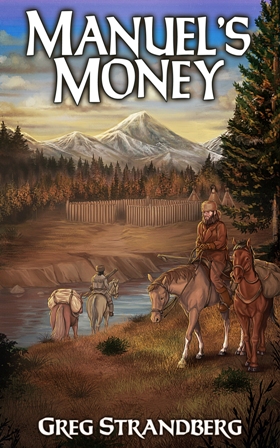
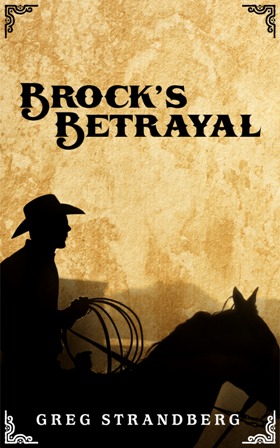
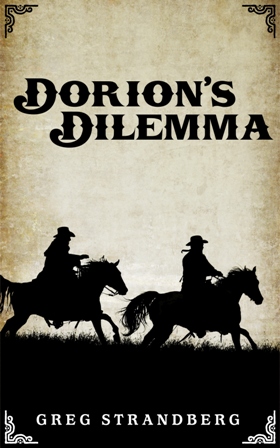
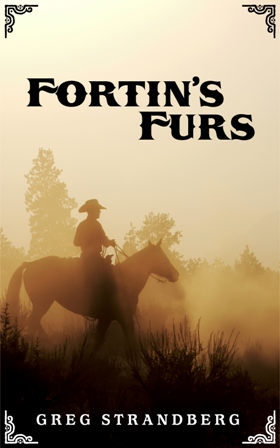
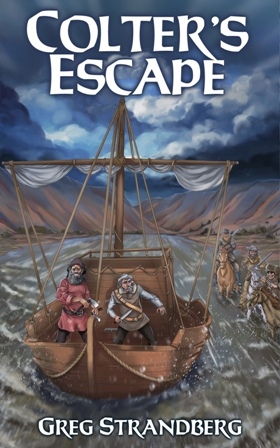
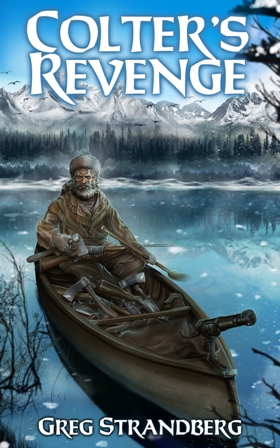
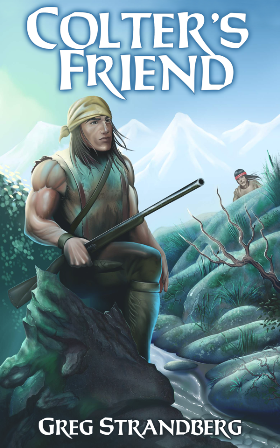
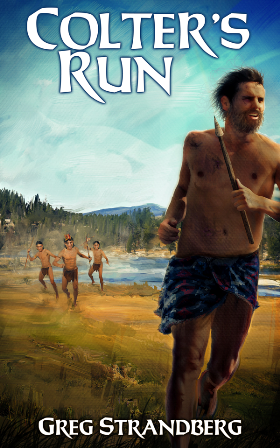
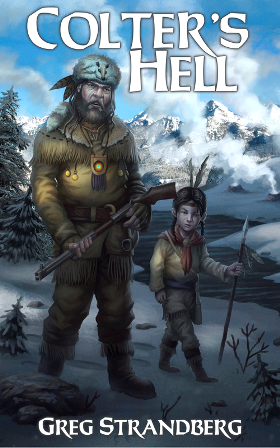
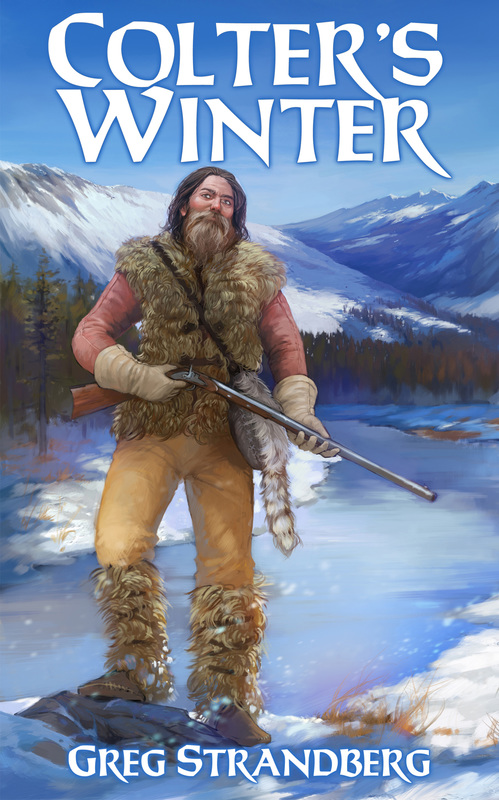
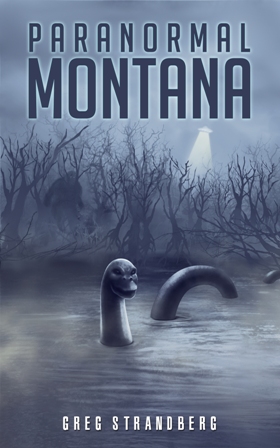
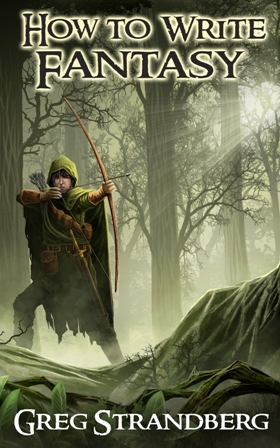

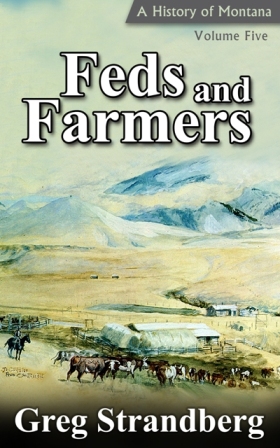
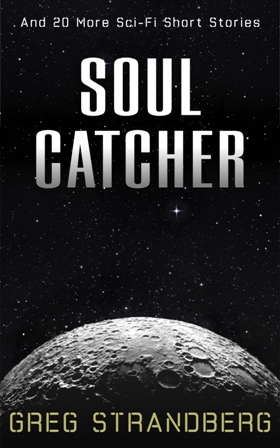
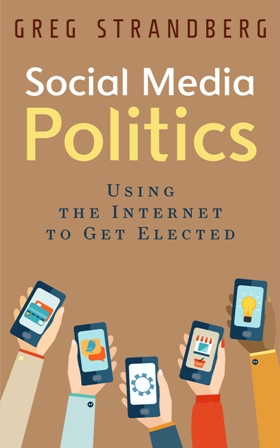

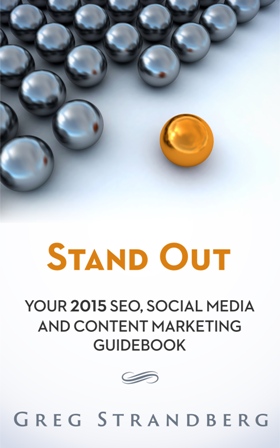
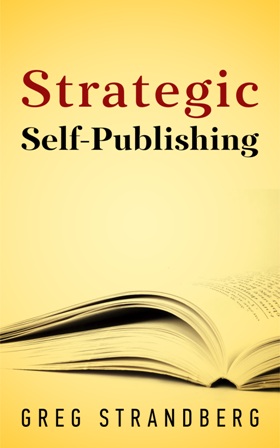
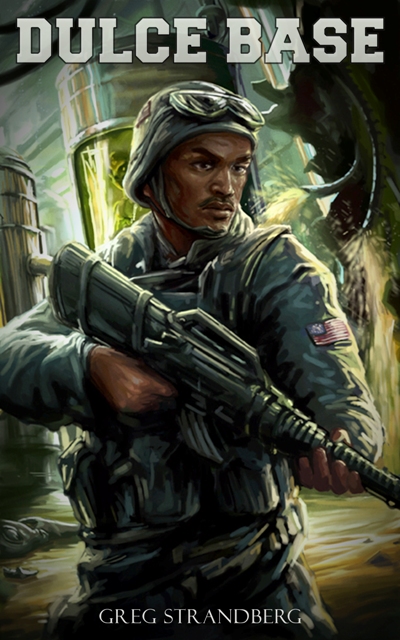
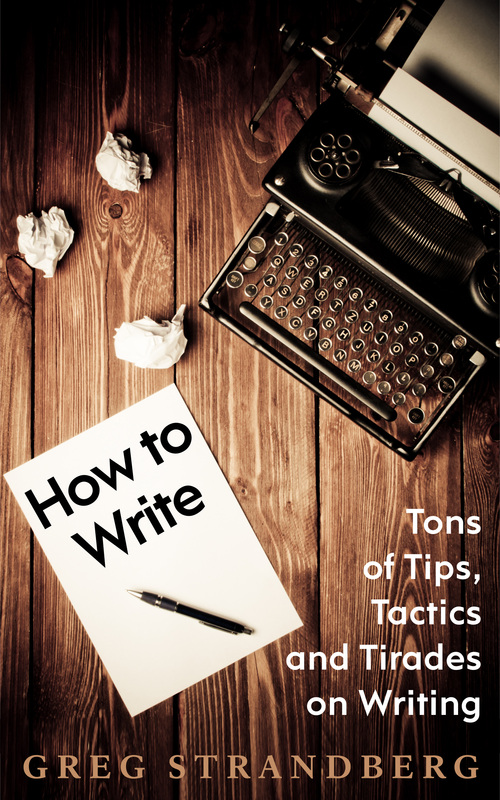
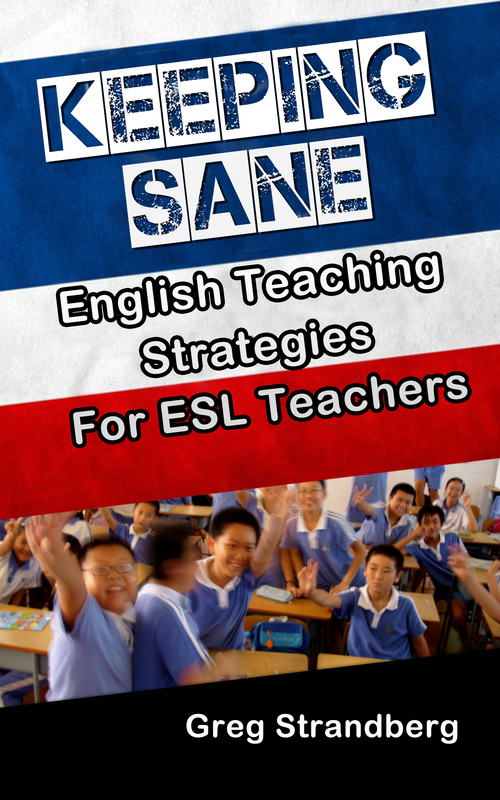
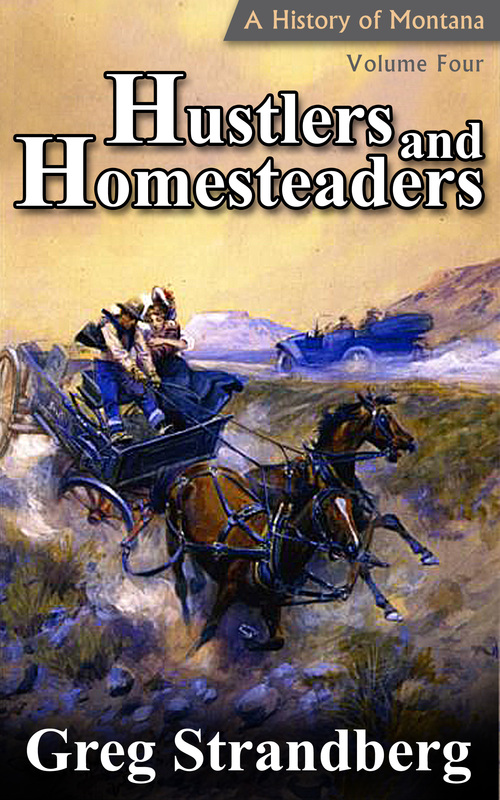
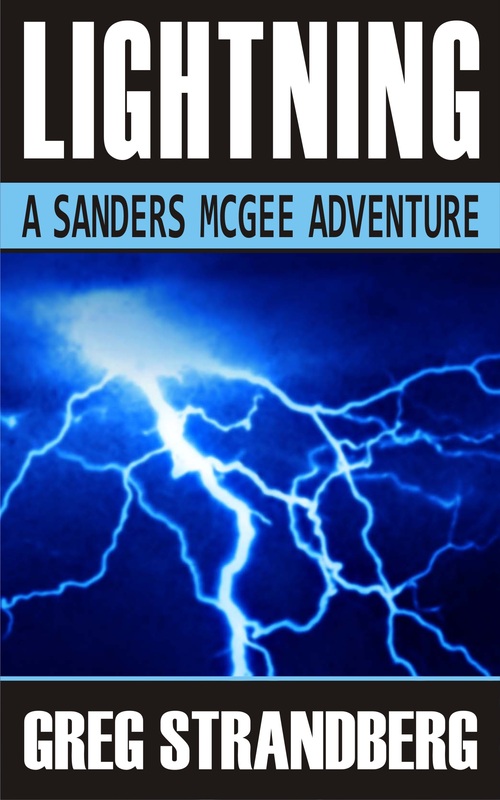
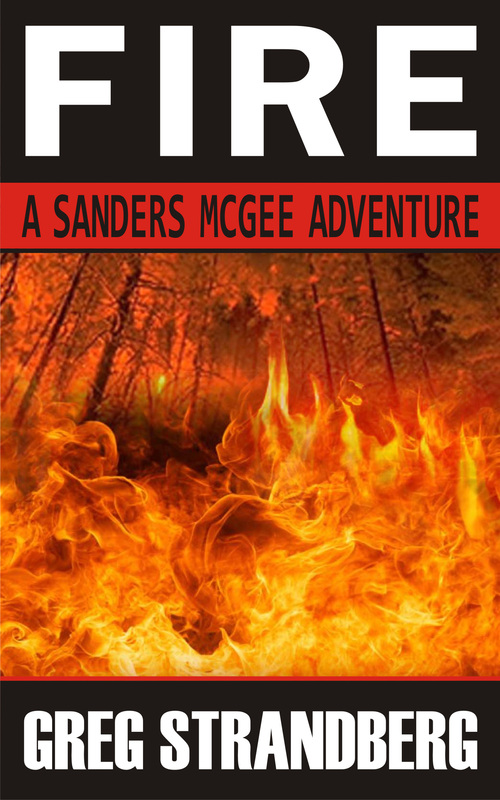
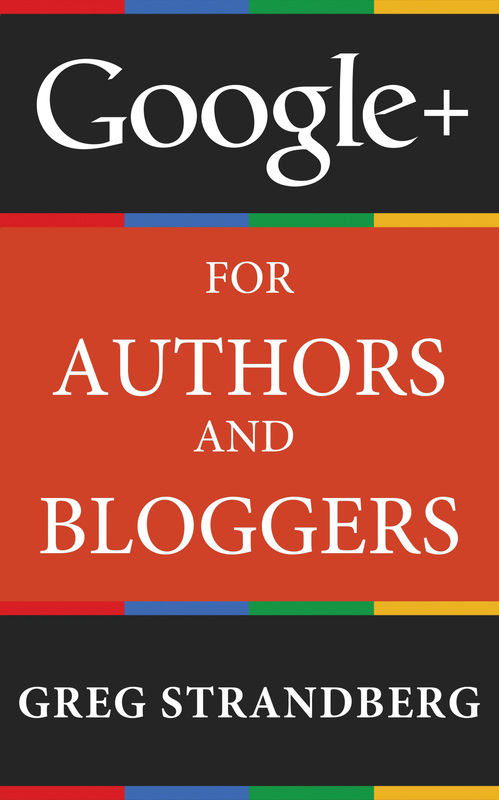
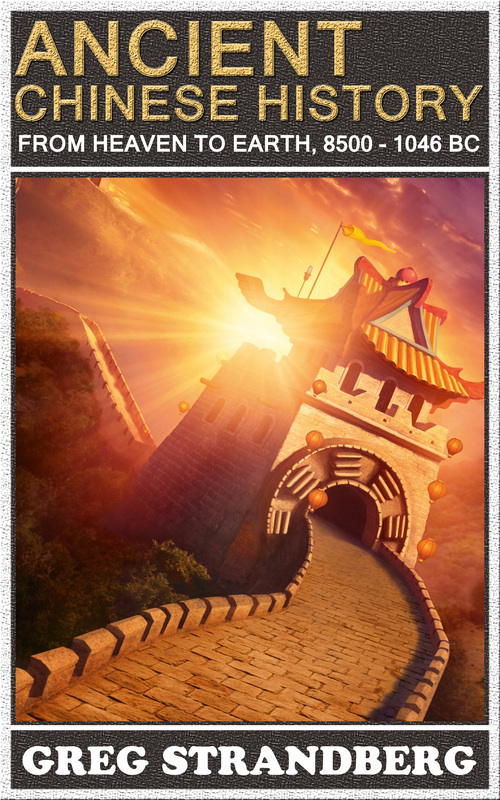

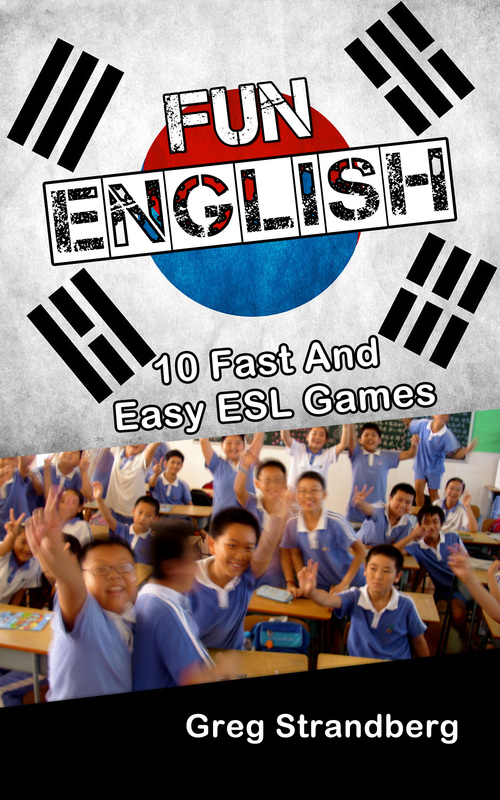

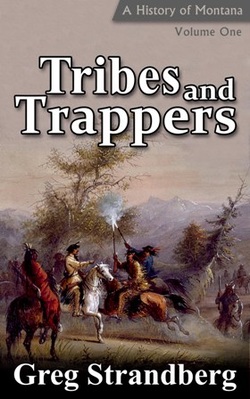
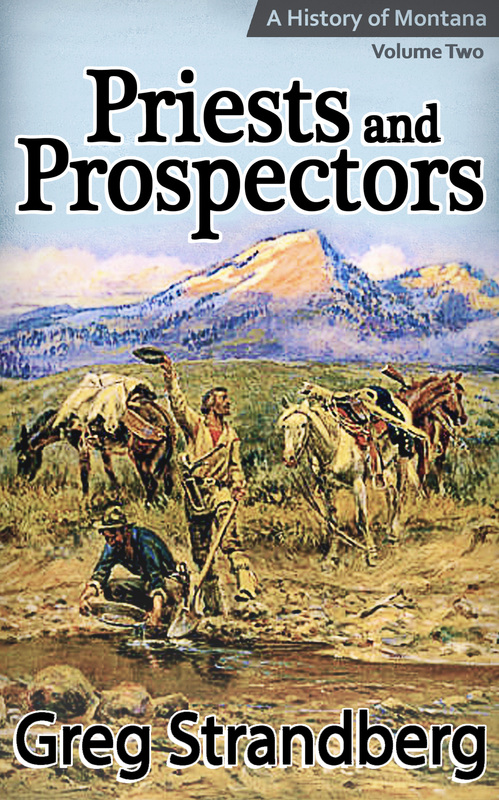
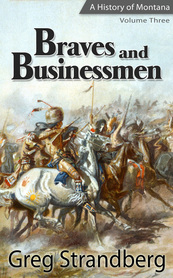
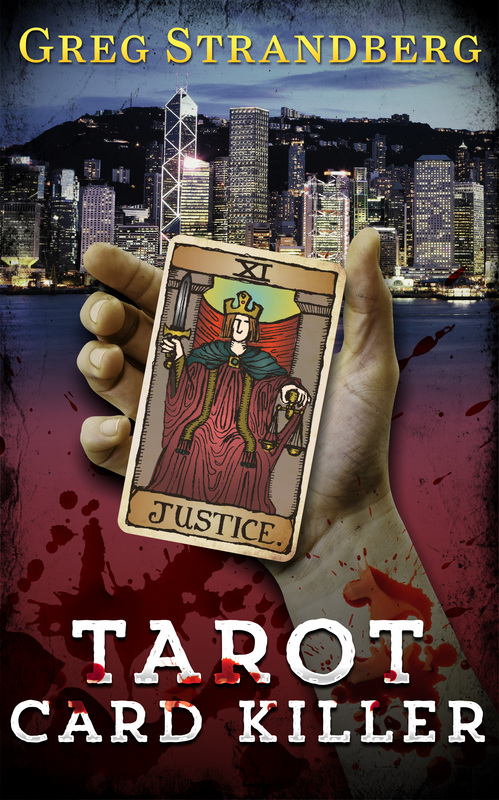
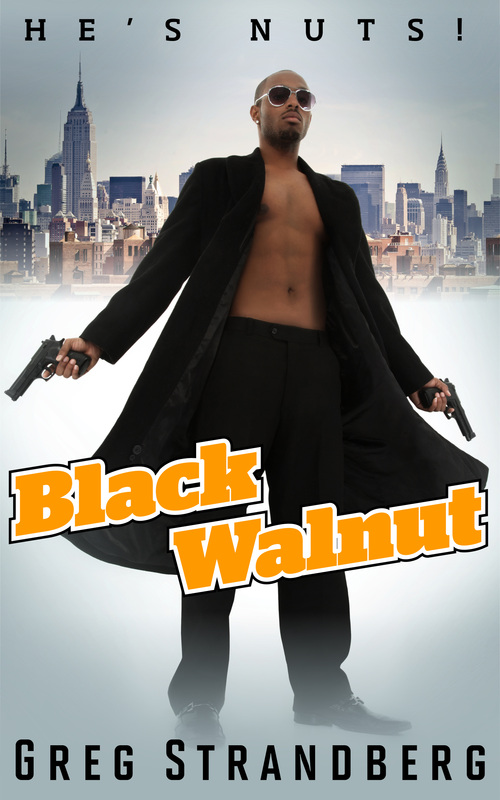
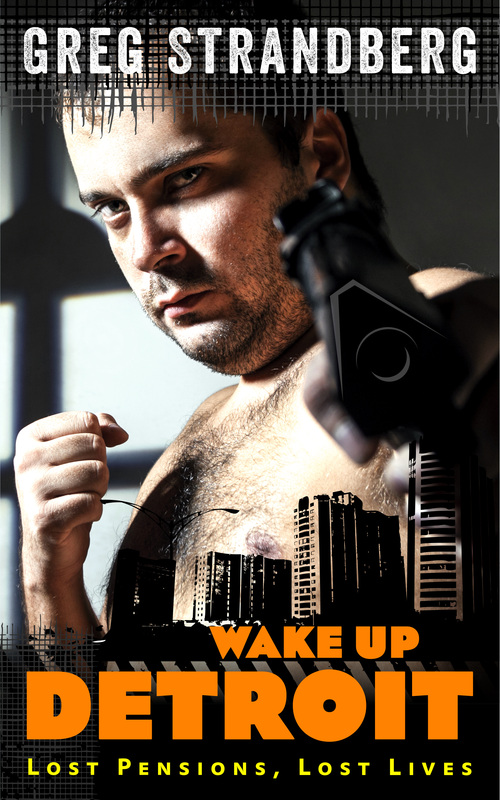
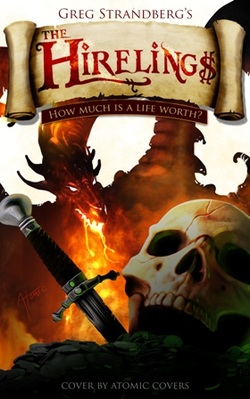
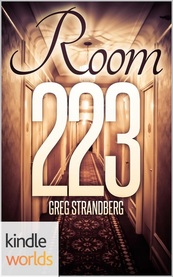
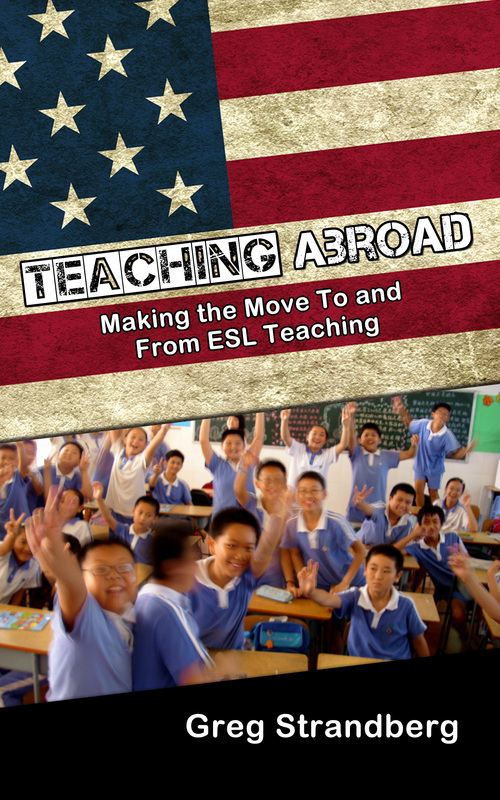
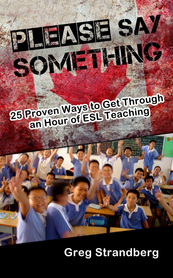
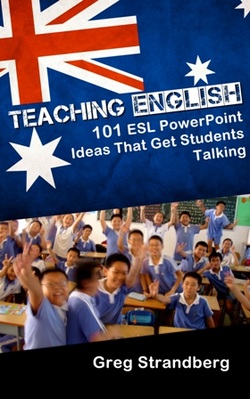
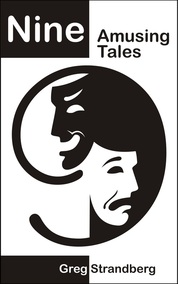
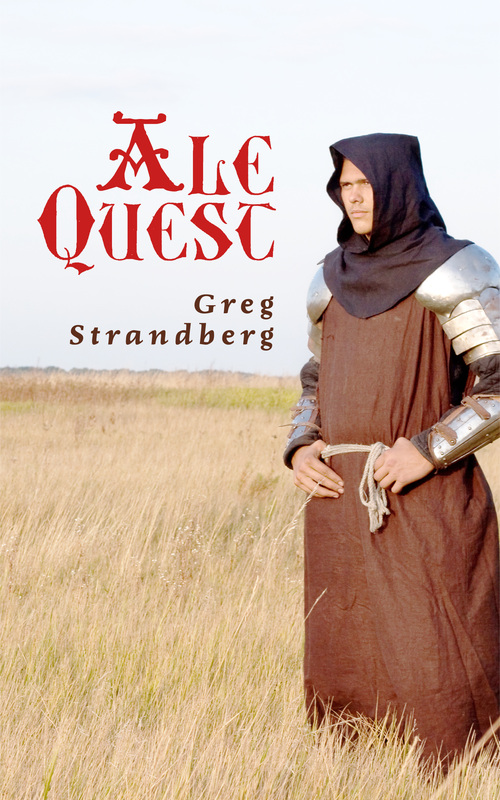
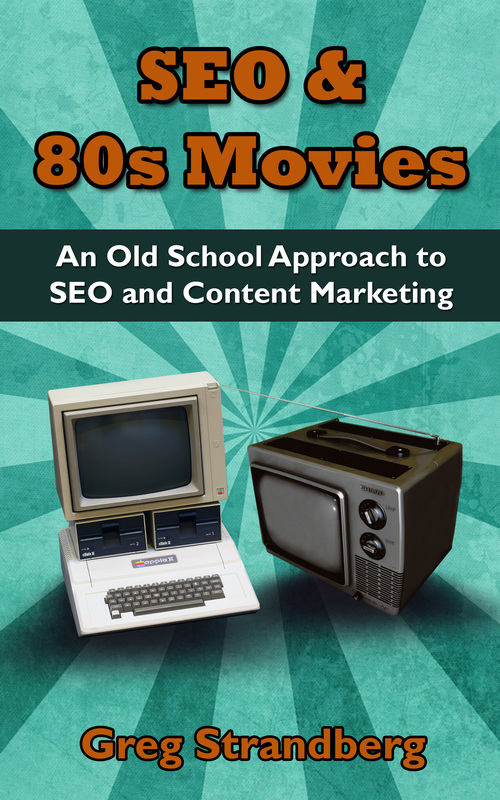
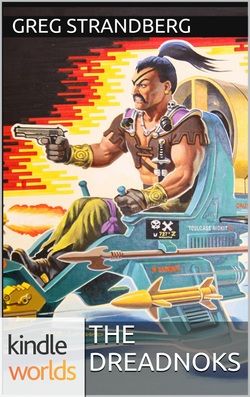
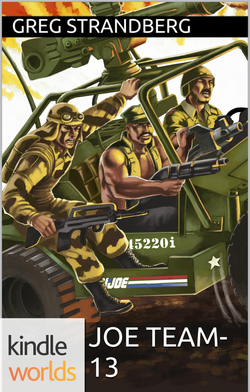
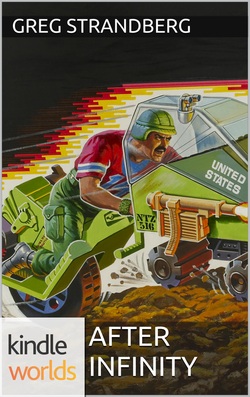
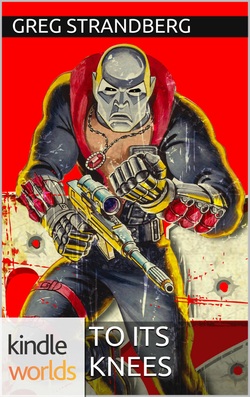
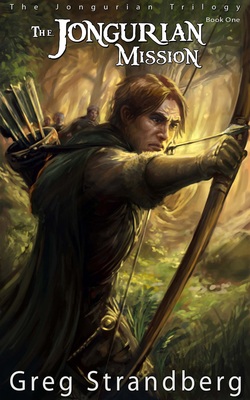
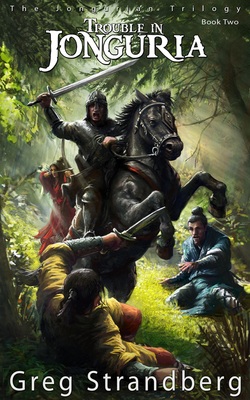
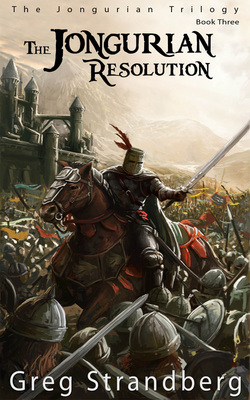
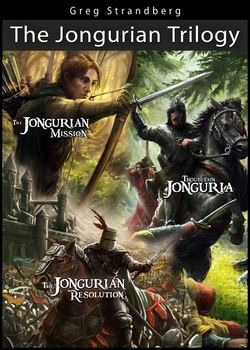
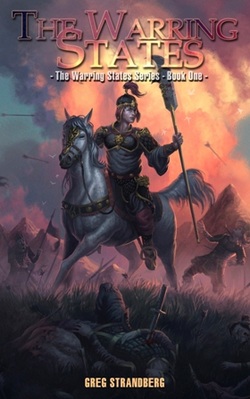
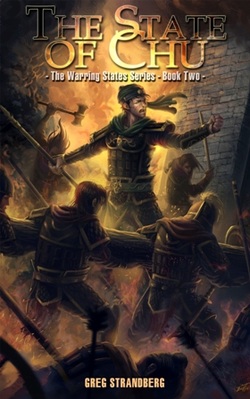
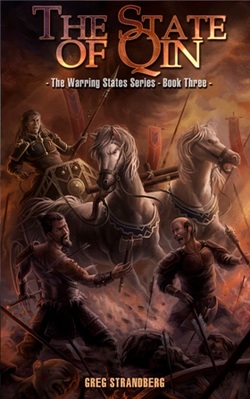
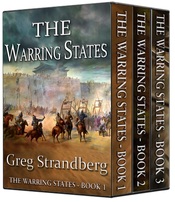
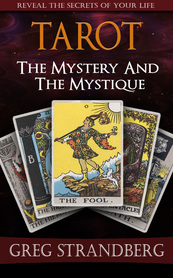
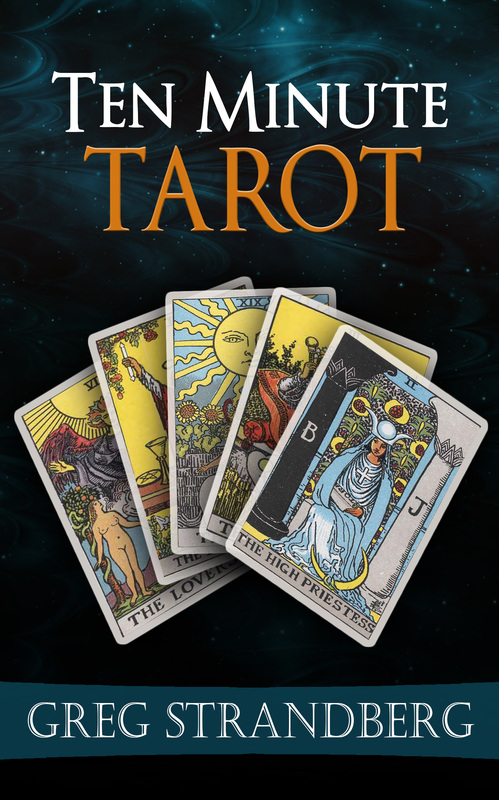
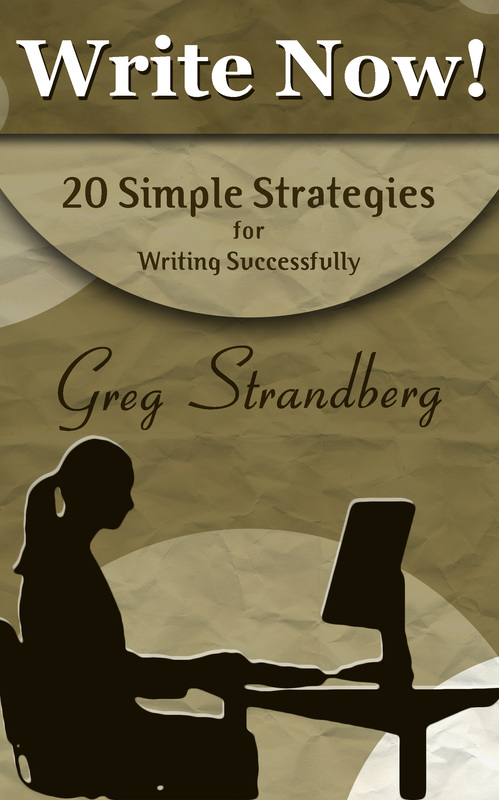
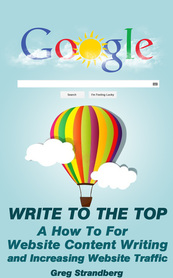
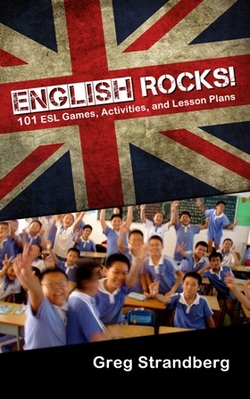
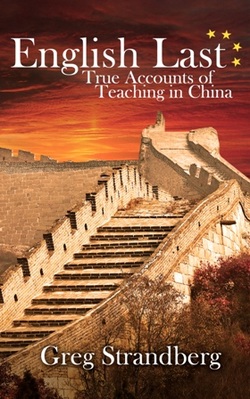
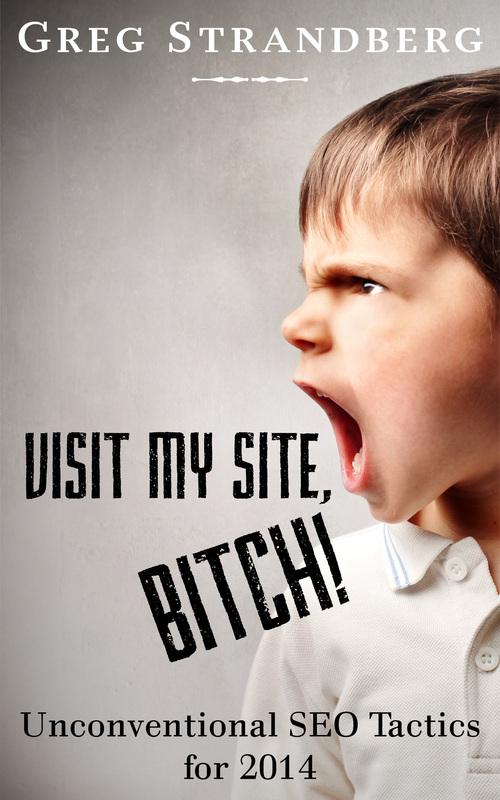

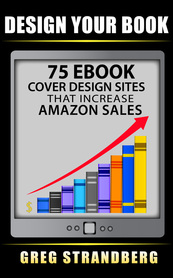


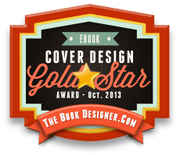



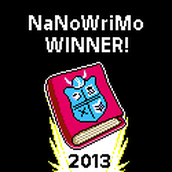
 RSS Feed
RSS Feed